About Lisk (LSK)
Lisk (LSK) is a blockchain application platform designed to simplify the development of decentralized applications (dApps) by enabling developers to create custom blockchains using JavaScript. This platform provides a robust JavaScript SDK (Software Development Kit) that allows developers to build application-specific blockchains (ASBs) with custom tokens, opening up the potential for highly flexible and scalable blockchain-based applications.
Lisk is managed by the Lisk Foundation, a non-profit organization based in Zug, Switzerland, and the platform’s products are developed by Lightcurve GmbH, a blockchain studio based in Berlin, Germany. Lisk aims to provide an accessible and modular framework that encourages developers to easily build, deploy, and scale blockchain applications while ensuring interoperability across different networks.
Key Features of Lisk
- JavaScript SDK:
Lisk’s standout feature is its JavaScript SDK, which allows developers to build blockchain applications in JavaScript—the most widely used programming language in the world. This lowers the barrier to entry for developers who are familiar with JavaScript but may not have expertise in more complex blockchain development languages. - Sidechains for Custom Applications:
Lisk enables developers to create sidechains for their applications. These are independent blockchains that run parallel to the main network, providing scalability and flexibility. Since each application operates on its own customized blockchain, there are no scalability bottlenecks, high fees, or congestion issues. - Delegated Proof of Stake (DPoS) and BFT Protocol:
Lisk uses a Delegated Proof-of-Stake (DPoS) consensus mechanism, which is known for its efficiency and lower energy consumption compared to Proof of Work (PoW) systems. The BFT (Byzantine Fault Tolerance) protocol guarantees finality, ensuring transactions are secure and final without the risk of forks. - Interoperability:
Lisk aims to provide interoperability between its sidechains and the main network, as well as potentially bridging with other blockchain ecosystems. This ensures that applications can communicate and exchange data, increasing the flexibility of the Lisk ecosystem. - Environmentally Friendly:
Thanks to the DPoS consensus mechanism, Lisk is highly energy-efficient, minimizing the environmental impact of maintaining the network while ensuring high throughput and security. - Security and Audits:
The Lisk network undergoes regular third-party security audits to ensure its reliability and trustworthiness. This adds an extra layer of confidence for developers and users interacting with the platform.
How Does Lisk (LSK) Work?
Lisk operates on a Delegated Proof of Stake (DPoS) consensus mechanism, where stakeholders (token holders) vote for a set of delegates that secure the network by validating transactions and creating new blocks. The BFT (Byzantine Fault Tolerance) protocol guarantees the finality of transactions, making it a secure and efficient system for handling decentralized applications.
The Lisk SDK provides the development tools needed to create custom blockchain applications. Each application operates on its own sidechain, ensuring scalability and reducing the load on the main Lisk network. These sidechains can interact with each other and the main chain, offering high interoperability while keeping costs and fees low.
Lisk is designed to be an easy-to-use and scalable platform that can serve as the backbone for Web3 applications, supporting industries like DeFi, GameFi, and the Metaverse.
Potential Use Cases for Lisk (LSK)
Lisk (LSK) is positioned to play a key role in the Web3 ecosystem by offering tools for blockchain development that enable developers to build decentralized applications (dApps) for a variety of use cases. Some potential applications include:
- Decentralized Finance (DeFi):
With the Lisk platform, developers can create DeFi solutions such as decentralized exchanges, lending platforms, and yield farming protocols using JavaScript and their own custom blockchains. - Gaming and GameFi:
Lisk’s flexible infrastructure is ideal for blockchain-based gaming applications. Developers can build custom gaming ecosystems that run on their own sidechains, allowing for secure in-game transactions and the creation of unique in-game assets (such as NFTs). - Metaverse and Virtual Worlds:
Lisk can support the development of virtual worlds and metaverse applications, where creators can launch their own sidechains for different projects, ensuring scalability and security for large-scale virtual environments. - Supply Chain & NFTs:
Lisk’s ability to customize blockchains and integrate them with other systems makes it suitable for creating decentralized supply chain management systems or platforms that issue and trade Non-Fungible Tokens (NFTs). - Cross-Chain Interoperability:
Lisk’s goal of achieving interoperability allows different projects and ecosystems to communicate and exchange data with one another. This enables developers to bridge their custom blockchains with other networks, expanding the use cases and reach of their applications.
The History of Lisk (LSK)
Lisk was founded in 2016 by Max Kordek and Oliver Beddows. The project was launched with the goal of making blockchain development more accessible to developers around the world. Lisk held its ICO (Initial Coin Offering) in 2016, raising $5.8 million, and released its first version of the platform in 2018.
Over the years, Lisk has undergone significant development, with the team refining its JavaScript SDK and expanding its ecosystem. In 2022, the project continued to see growth and innovation, positioning itself as a platform designed to support the development of Web3 applications across various sectors.
The current focus of Lisk is to provide developers with the tools they need to create scalable and interoperable decentralized applications, leveraging its unique sidechain architecture and JavaScript SDK to lower the barrier to blockchain development.
Lisk (LSK) is a powerful and user-friendly blockchain platform that aims to democratize blockchain development. By offering JavaScript-based development tools, it enables developers of all backgrounds to create decentralized applications with minimal complexity. Its use of sidechains, DPoS, and interoperability makes it a highly scalable and efficient solution for a variety of use cases, including DeFi, NFTs, Gaming, and the Metaverse.
With a clear roadmap and strong community support, Lisk is positioning itself as a leading platform for Web3 development and a go-to option for developers looking to build decentralized applications in the blockchain space.


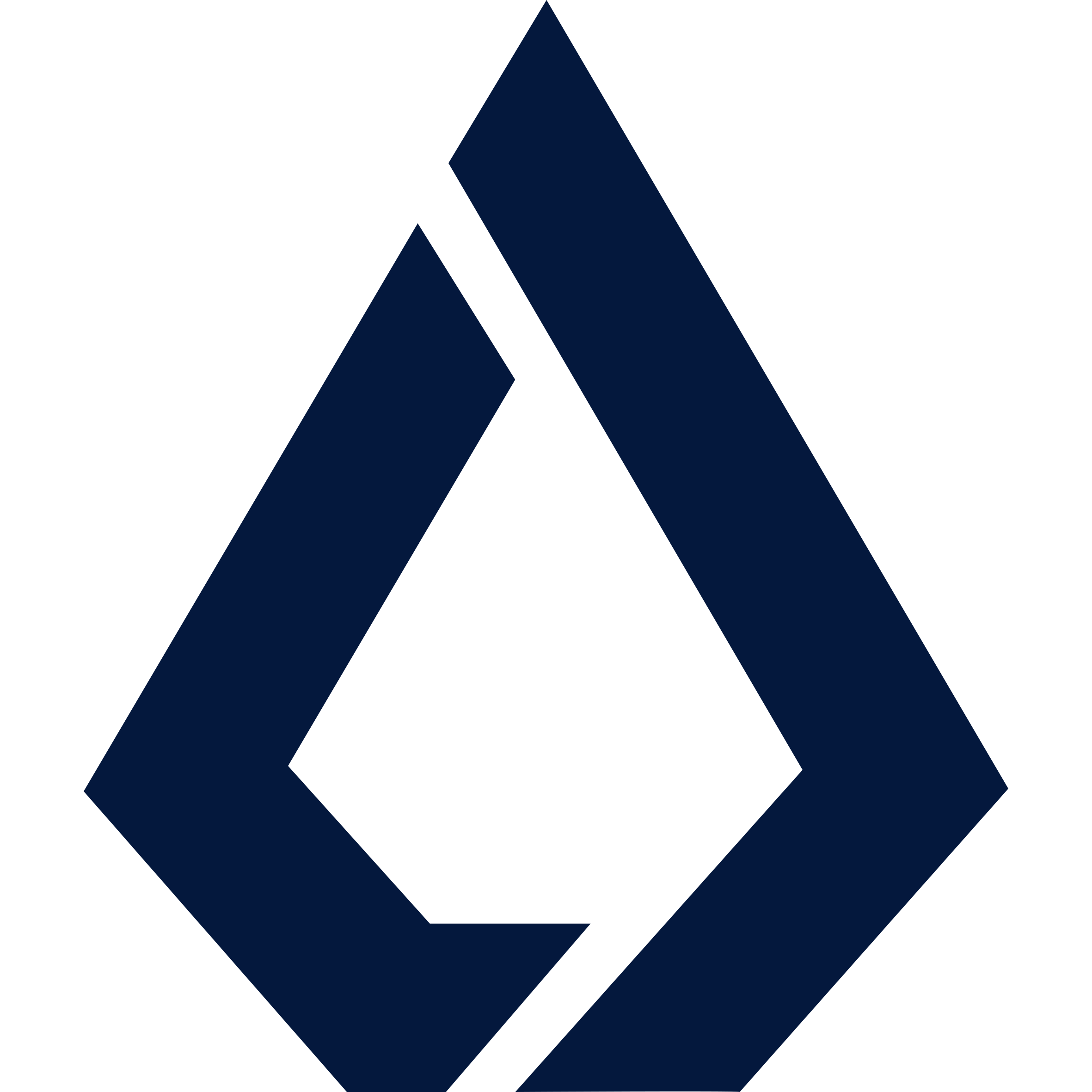
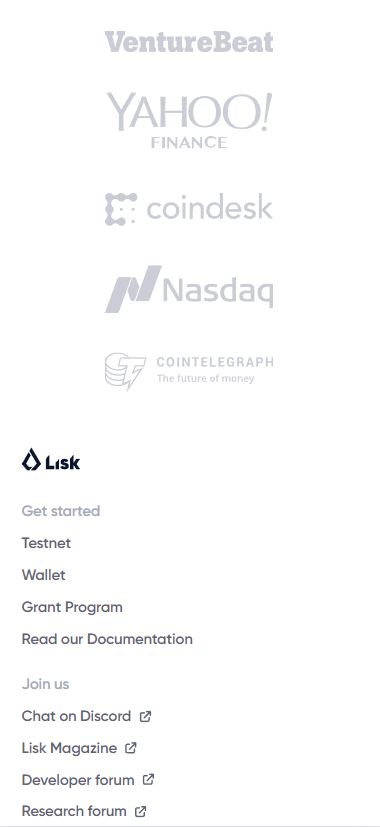
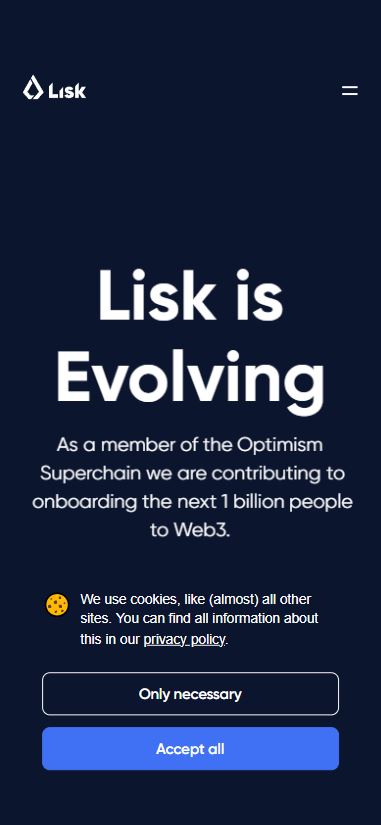
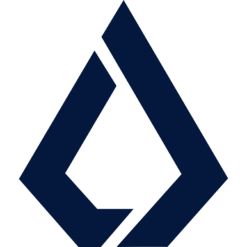







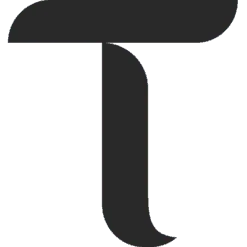
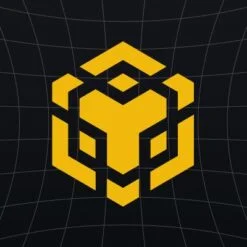
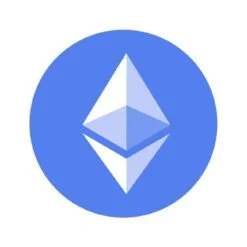
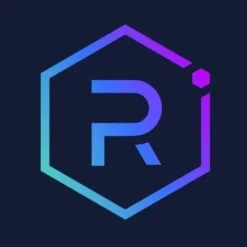

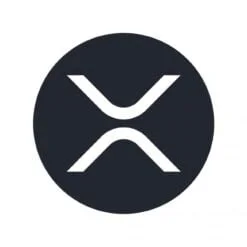
Harran –
excellent
Eyad –
good
nguyenbathanh007 –
4sao